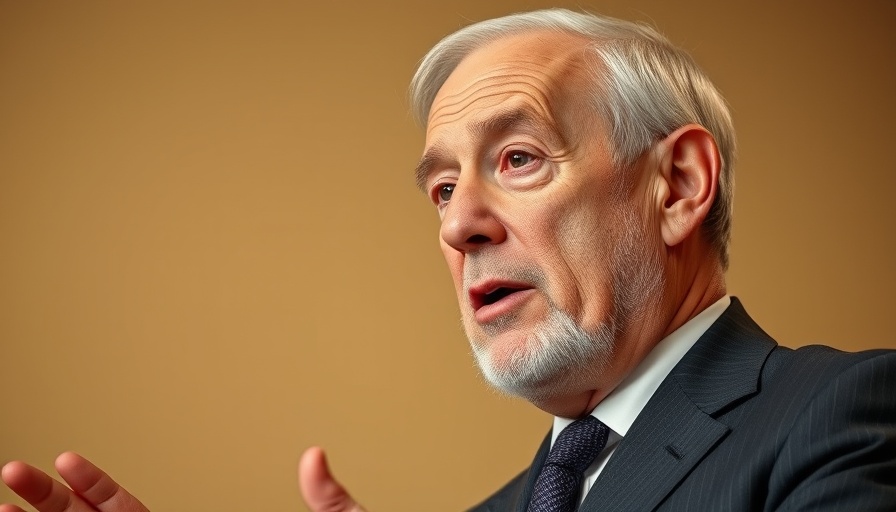
FDA's Evolving Messaging and Its Impact on Public Trust
As the landscape of public health communication continues to shift, concerns have emerged regarding the FDA's perceived anti-vaccine tone amid ongoing vaccination debates. Former FDA official Peter Marks has highlighted that this shift could undermine public confidence in vaccines, essential tools in combatting infectious diseases. Throughout the COVID-19 pandemic, effective communication from health authorities has been paramount, and any shift that fosters distrust can lead to wider health ramifications.
Understanding Vaccine Hesitancy: A Social Issue
Public health experts recognize vaccination hesitancy as a complex social issue, influenced by a myriad of factors including misinformation, past medical experiences, and cultural beliefs. Marks' concerns shed light on how the authority of the FDA may unintentionally contribute to growing skepticism around vaccines. The challenge lies in instilling a sense of safety and trust, a task complicated by rapidly evolving public sentiment.
Potential Risks of Distrust in Vaccination
When institutions like the FDA adopt a critical stance toward vaccines, it can open the door for misinformation to flourish. This mistrust can lead to a decline in vaccination rates, triggering outbreaks and endangering public health goals. For communities striving for optimal health and wellness, ensuring robust vaccination participation is vital. If the tone of communication shifts to sow doubt, we risk moving backward in disease prevention efforts.
Historical Context: Epidemics and Trust
Looking back at historical instances such as the polio outbreak, trust in vaccination efforts was key to eliminating diseases. The FDA's historical role has often been to cultivate public confidence through transparency and clear communication. Reflecting on this past can guide current conversations around vaccination. Effective health communication moves beyond just promoting vaccines; it fosters relationships built on trust within the community.
The Role of Community Health Initiatives
In order to combat strife arising from vaccine hesitancy, local health campaigns can harness community voices tailored to engage populations effectively. Health and wellness centers have a crucial role to play in this endeavor. By hosting events and workshops, they can demystify vaccines and provide accessible information, ultimately bolstering community health promotion. San Antonio, for instance, has numerous health and wellness businesses focused on educating and involving community members in vaccination programs.
Future Predictions: The Need for Unified Voices
As we navigate the aftermath of the pandemic, it is essential for health institutions to adopt a unified voice that emphasizes the safety and efficacy of vaccines. Collaborative efforts between the FDA, healthcare providers, and grassroots organizations will not only restore faith in vaccines but will also ensure that the public is well-informed. By taking this approach, we can strengthen community-wide health initiatives that prioritize well-being.
Decision-Making for Health and Wellness
Individuals must understand that their decisions regarding vaccination don't only affect their health, but also the health of their communities. Empowering community members with facts about vaccine safety and accessibility can empower them to make informed choices that contribute to overall public health. Furthermore, consulting with trusted health practitioners about their benefits is crucial. Together, we're stronger against contagious diseases.
As the health landscape continues to evolve, ensuring transparency and confidence in vaccination remains paramount. For anyone interested in enhancing health and wellness in their community, leveraging local health and wellness events can drive impactful change. Explore the resources available to you, whether nearby in San Antonio or online, to help support a healthier future.
 Add Element
Add Element  Add Row
Add Row 




Write A Comment